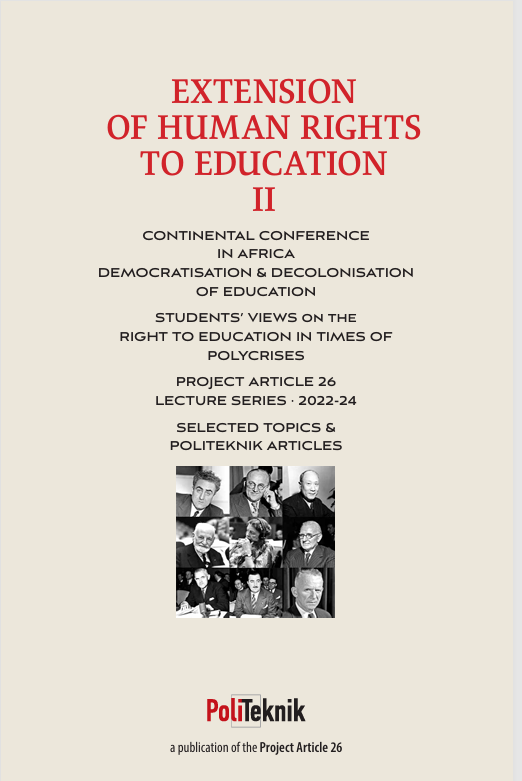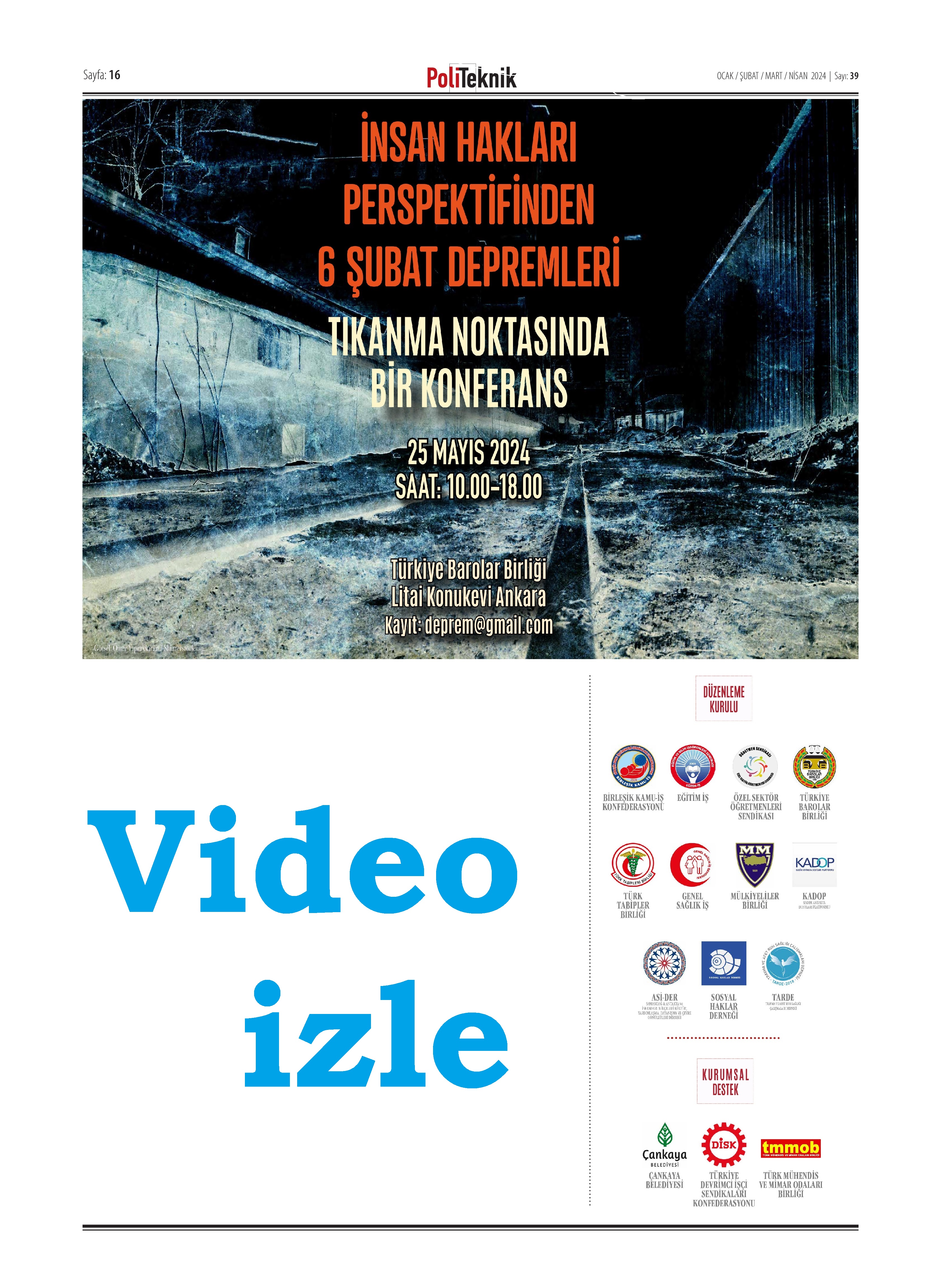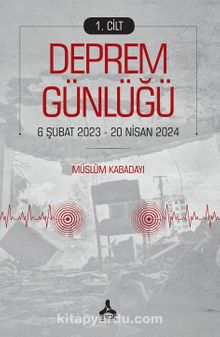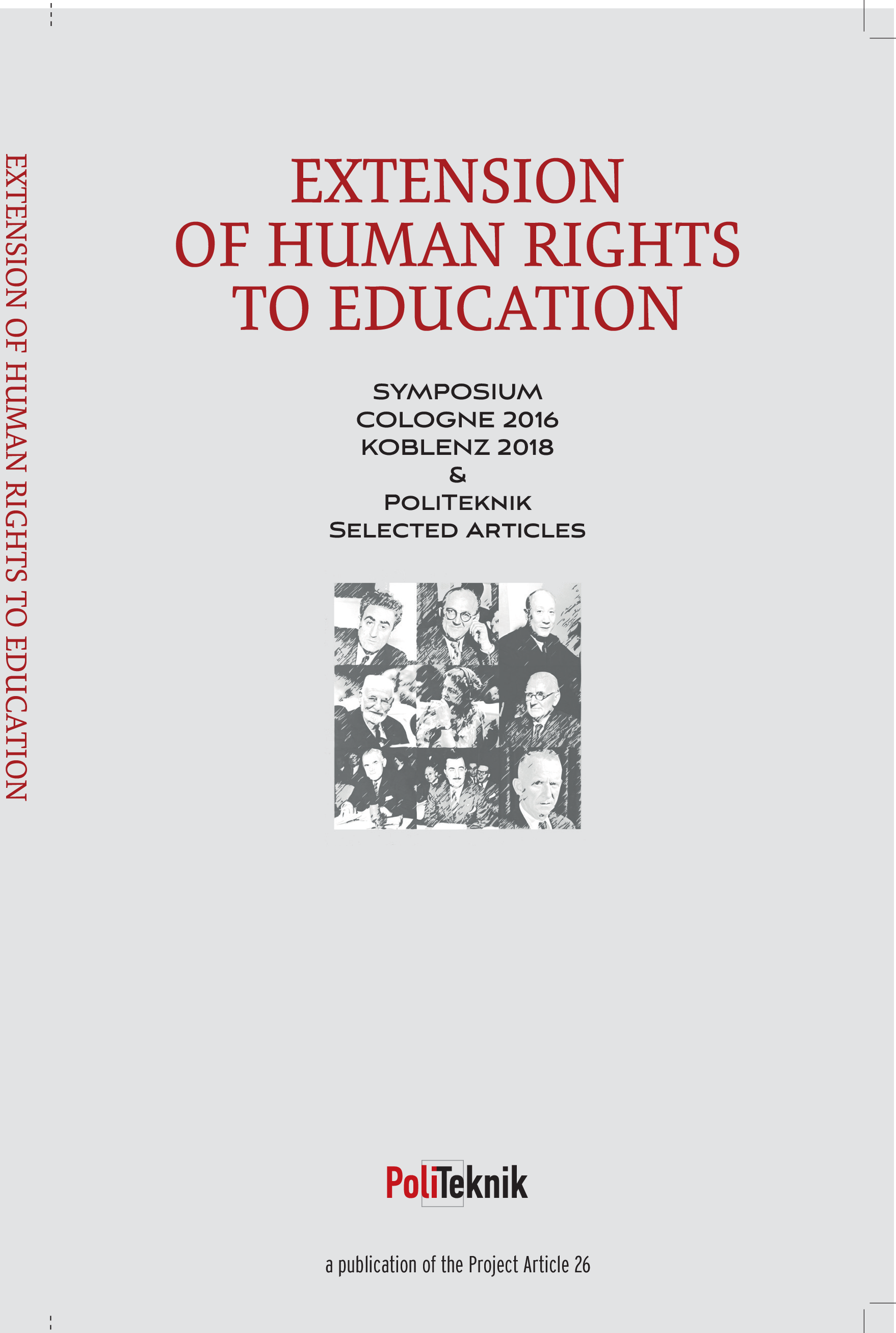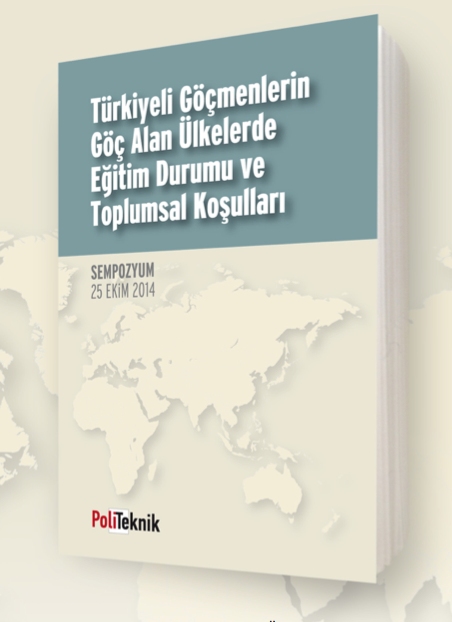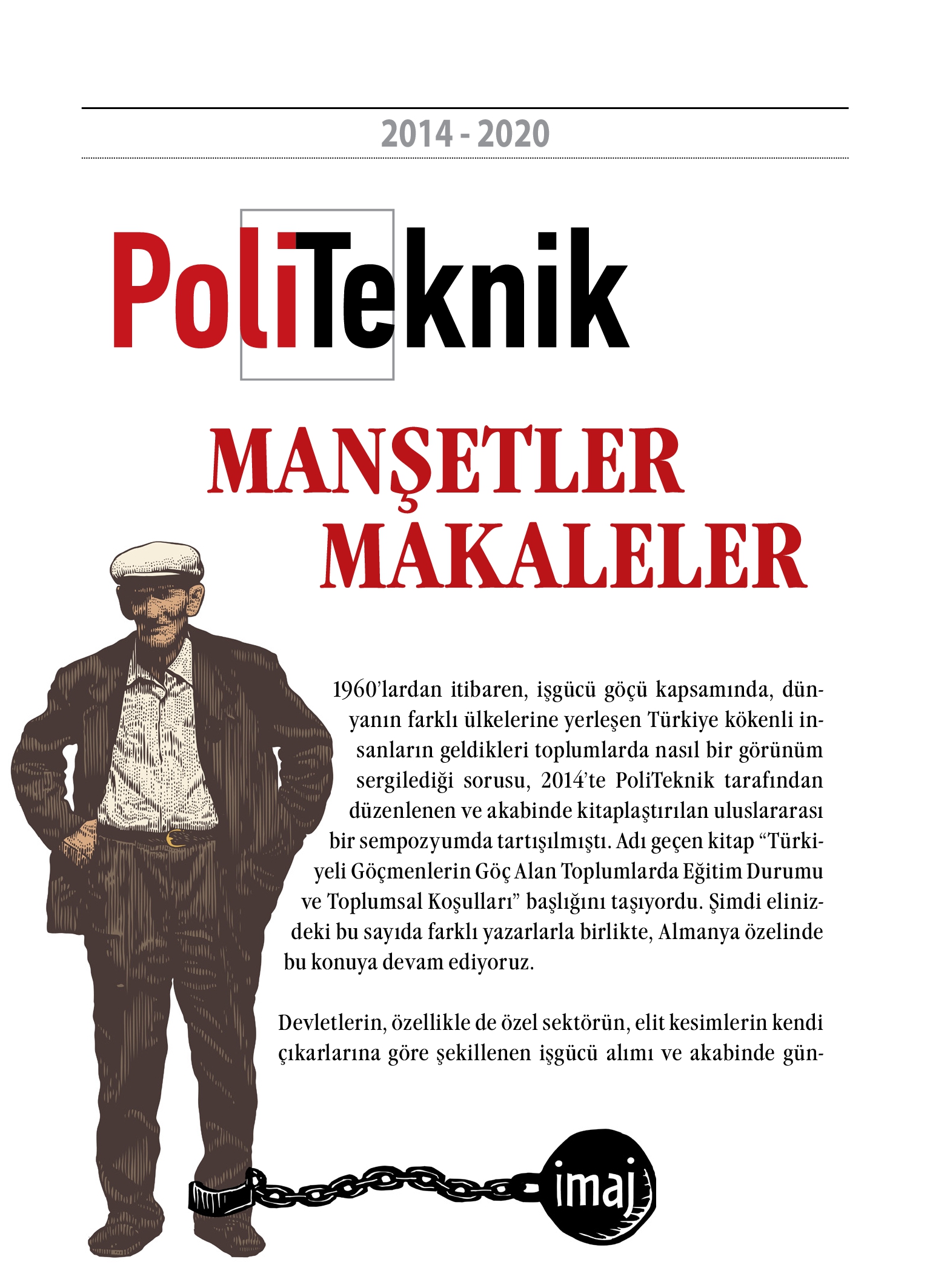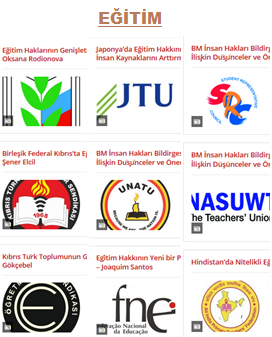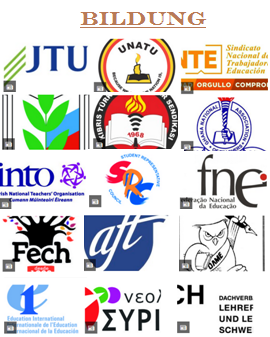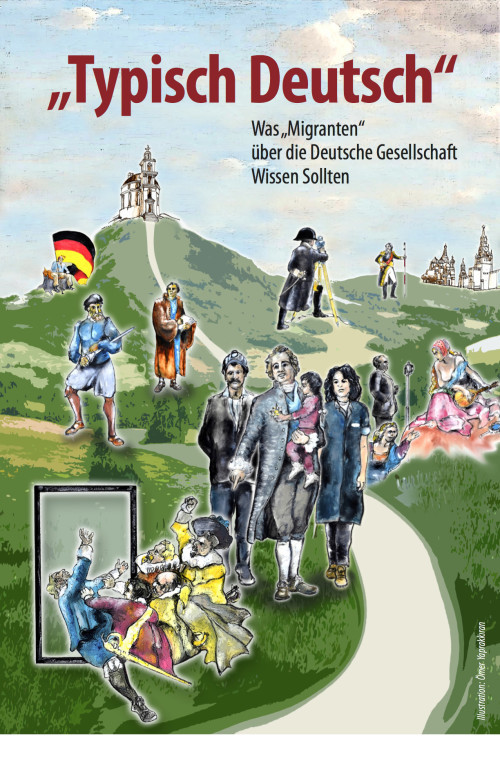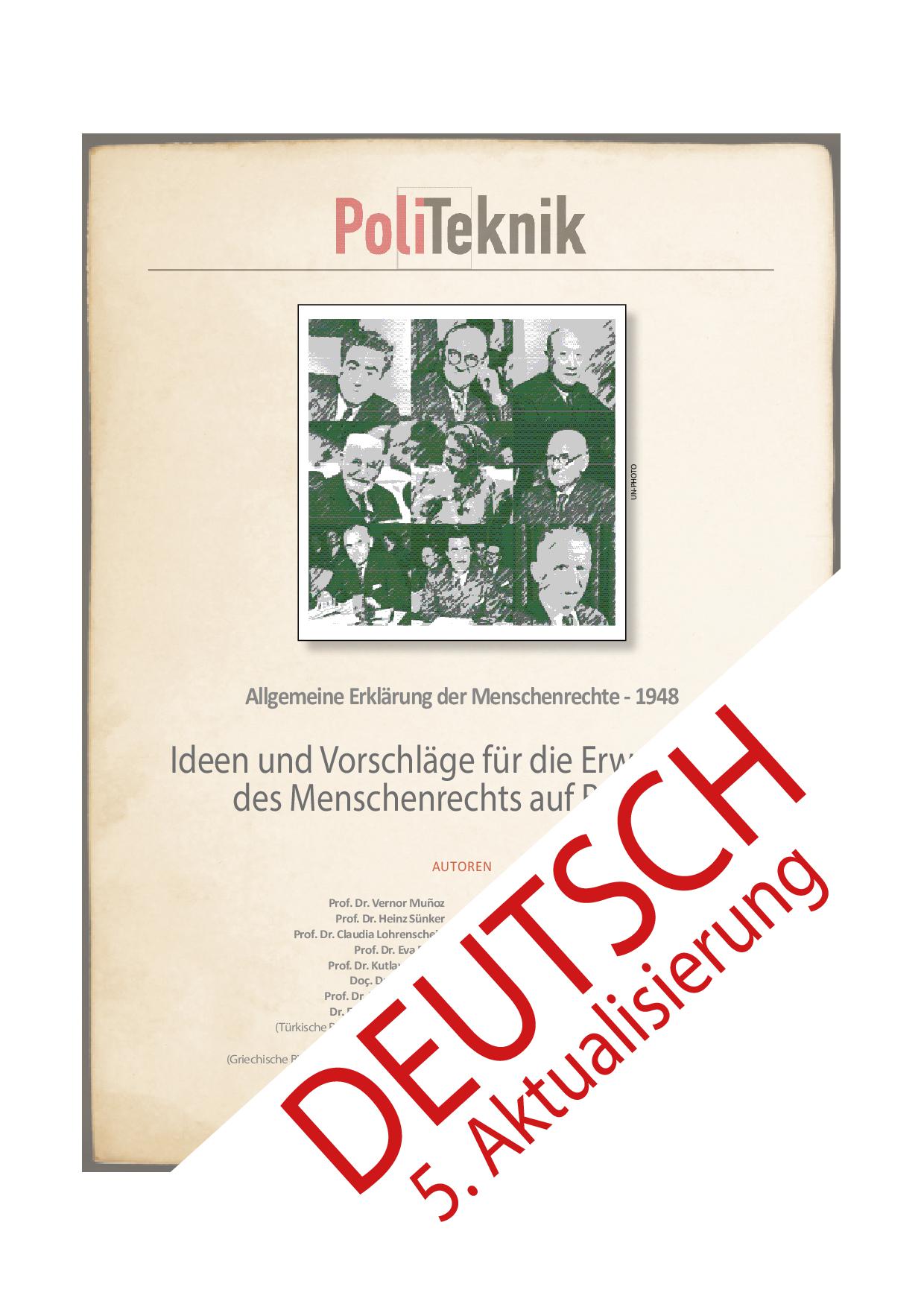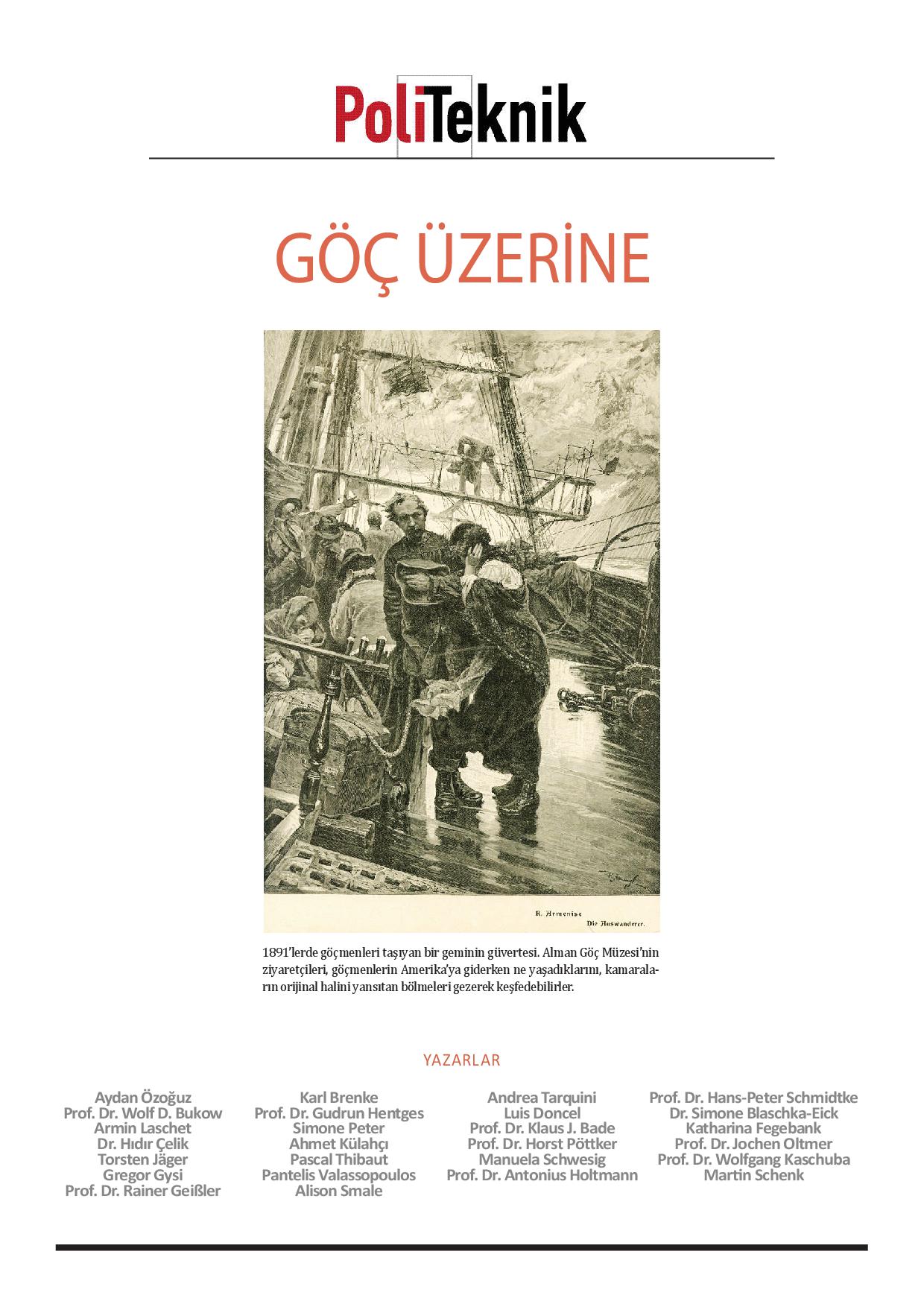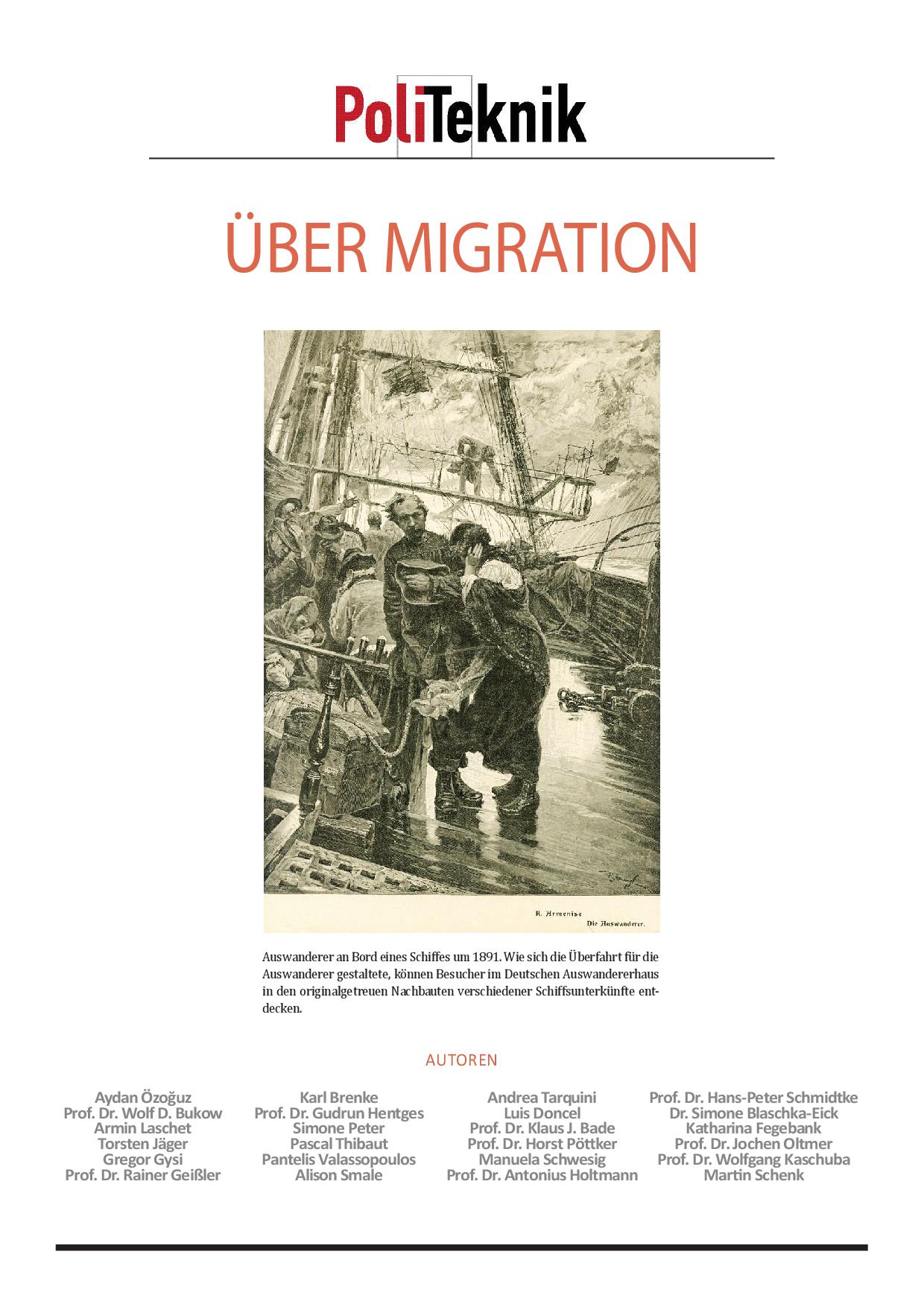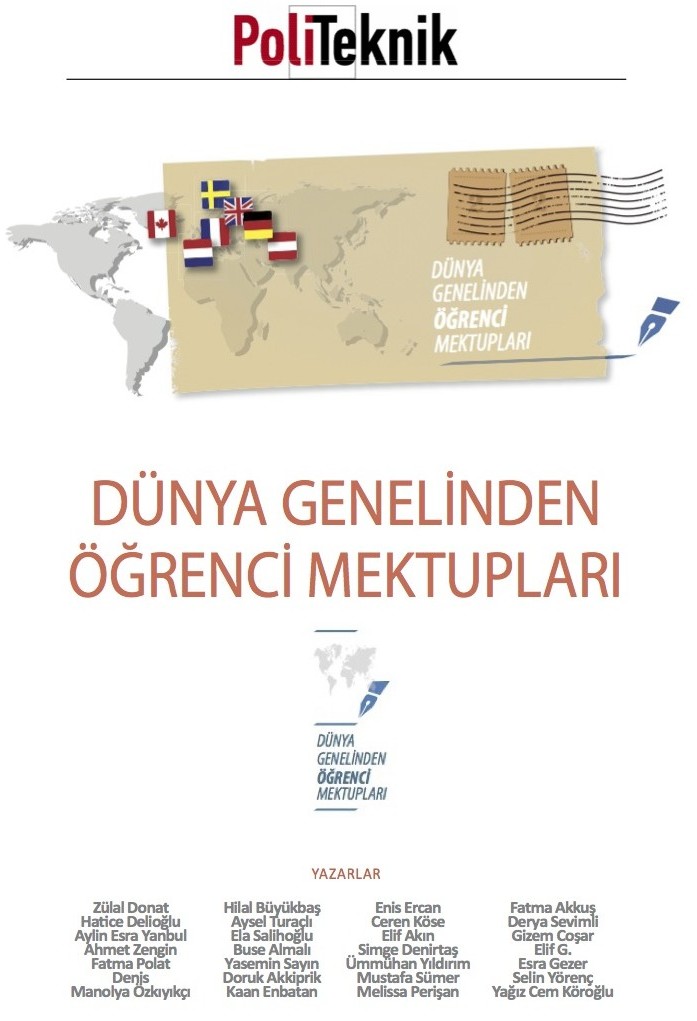Gareth Young
National Official (Campaigns, Policy and Communications), NASUWT – The Teachers’ Union, UK.
 In 2013, the NASUWT adopted a ground-breaking report, Maintaining World Class Schools[1], articulating a vision of education and schools rooted in public service values and ethos.
In 2013, the NASUWT adopted a ground-breaking report, Maintaining World Class Schools[1], articulating a vision of education and schools rooted in public service values and ethos.
The Report argued for future governments to commit to ensuring the centrality of public education in their plans to secure the future long-term health of our economy and our society. In essence, the Report stated that education is an essential plank of society and economy and as well as being an individual human right, education is a public good, without which no society can flourish and progress.
Key sources for the NASUWT’s Report were the principles established within key international interventions and regulations relating to education. Particularly:
- The 1948 Universal Declaration of Human Rights;
- The 1966 International Covenant on Economic, Social and Cultural Rights; and
- The 1989 UN Convention on the Rights of the Child.
The Report called on all governments to commit, without equivocation, to these international standards because the NASUWT believed, and continues to believe, that they are central to the development of an understanding of what an education system is for and how education should be delivered within a national and international context. It is with this perspective that this article is written.
As the first major international treaty on human rights, and as one that is about human rights in general rather than education or children specifically, the Universal Declaration of Human Rights inevitably states the least about education.
However, because of its primary role, grounded as it is in the principle of establishing rights that all humans are entitled to no matter who they are, the importance of this document cannot be overlooked.
Article 26, the article that specifically deals with education, containing just 115 words in the English language, outlines themes that are as important today as they were in the immediate post-Second World War period.
Firstly, it establishes as a basic premise that all human beings have the right to education.
Therefore, the Universal Declaration of Human Rights, emphasises from the outset that education is not a mere add on or a prize to be won from the state but that it is a inalienable right, as true as the right to air and water itself.
Furthermore, in Article 26 (1) it states that education, at elementary and fundamental levels, should be free to those who use it, notwithstanding the fact that ultimately all provision from governments is paid for from taxation, emphasising the importance of the principle that a child’s familial or household wealth should not affect their ability to have an access to education.
Article 26 (2) articulates what education is for, by giving life to a basic philosophy of education, and particularly emphasising that it should promote tolerance and peace and that principles of equality are at the core of the provision .
This affirmation of education as being available to all, no matter what their walk of life or background demonstrates the thinking at the time that the declaration was drafted, that the key to the provision of services was to ensure their universality, and that accessibility was a critical aspect.
The establishment of the universality of provision is critical in a context where so many children, girls in particular, are still denied access to education. The simplicity of the message is of paramount import.
However, it is clearly the case that the declaration is basic in its intent and is no longer as applicable as it once was to the context of the modern world.
The Declaration could be seen in conjunction with the other documents as stated at the beginning of this article, as being of one piece, but there is a strong argument to suggest that there is a strong case for updating the principle declaration to take account of world as it is now.
As a consequence, an updated Declaration would do more to explicitly tease out what is meant by everyone ‘having the right to education’ and a more significant statement of how equality should be achieved rather than the current statements surrounding tolerance, understanding and friendship.
This is particularly important in relation to the current statements that ‘technical and professional education should be made generally available’ and that ‘higher education should be accessible to all, equally and on merit’. There is a critical difference between giving access and developing structures that genuinely enable all to attend.
Additionally, an updated Declaration would have greater clarity about the importance of education at all levels, both for the individuals themselves but also for the greater good. It would, therefore, establish that there should be an aspiration, at least, for children and young people to be able to receive education, free at the point of use, at all levels, dependent on ability. It may, also, establish the importance of life-long learning, recognising that education is not just for children and young people but is essential to all within a society.
When considering the current text of Article 26(3), which promotes the notion of parental choice in education, it is clear that the choice should be genuine, open and free from marketisation or misinformation. In a context where parents can choose, all schools should be enabled to be the best that they can be, and that this should be the primary way of raising and maintaining standards, rather than a system of competition in which winners and losers are created.
Finally, an updated Declaration would establish that education is about more than just allowing access to schooling and that in order to allow for the development of the cultural and social capital that would ensure the continuation of genuine equality of access after education, provision must be made for access to libraries, museums, theatres and other experiences that means that all are able to navigate necessary cultural norms, and allow them to navigate and challenge these where needed.
Consequently, a strong case is made for the updating of the Universal Declaration of Human Rights, to take account of the issues addressed in this article. There is a question, however, about whether now would be the most prudent time to unpick the Declaration.
Given the geopolitical uncertainties of the time, and the attempts by some to increase privatisation and commercialisation in education, a revisiting of the Declaration may lead to some governments attempting to unpick what we already have, leaving behind a declaration or series of statements that are either worse than before or that are less equivocal in what states must provide.
Organisations that seek therefore to address the shortcomings of the current Declaration must therefore consider carefully before embarking on conversations about change, as the outcomes could undermine the fine principles that are currently supported on a global basis.
[1] NASUWT (2013), Maintaining World Class Schools, Birmingham, UK.



